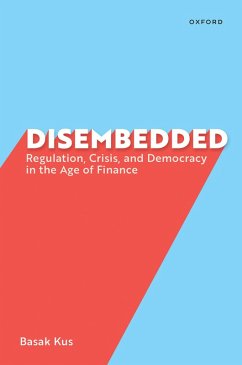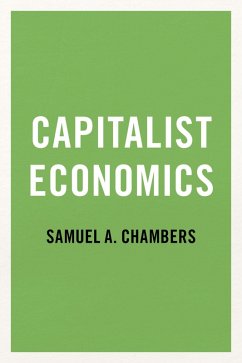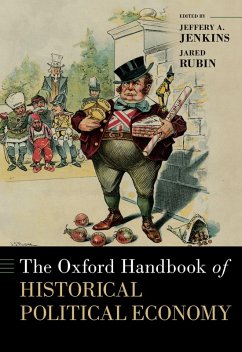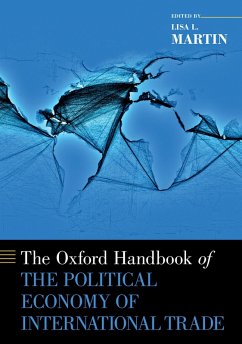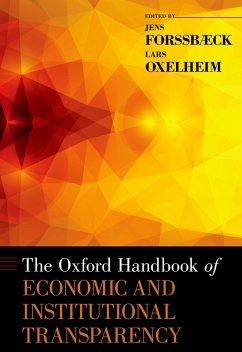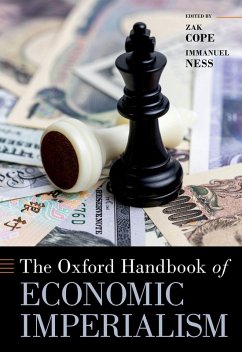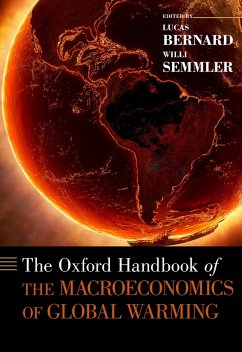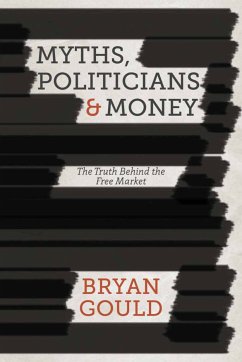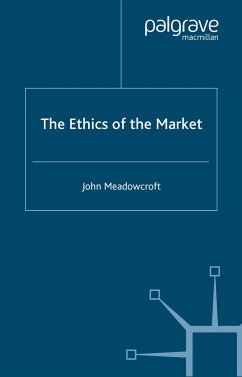
The Oxford Handbook of Historical Political Economy (eBook, PDF)
Versandkostenfrei!
Sofort per Download lieferbar
86,95 €
inkl. MwSt.
Weitere Ausgaben:

PAYBACK Punkte
43 °P sammeln!
The Oxford Handbook of Historical Political Economy brings together scholars who are working on essential and field-shaping topics in this burgeoning area. Historical Political Economy (HPE) is the study of how political and economic actors and institutions have interacted over time. It differs from much of economic history in that it focuses on the causes and consequences of politics. It departs from much of conventional political economy in that its context is strictly historical, even if/when it has implications for contemporary political economy. It also departs from much of history in its...
The Oxford Handbook of Historical Political Economy brings together scholars who are working on essential and field-shaping topics in this burgeoning area. Historical Political Economy (HPE) is the study of how political and economic actors and institutions have interacted over time. It differs from much of economic history in that it focuses on the causes and consequences of politics. It departs from much of conventional political economy in that its context is strictly historical, even if/when it has implications for contemporary political economy. It also departs from much of history in its use of social-scientific theory and methods. Thus, while HPE involves elements of the traditional fields of economics, political economy, and history, it is separate from-and integrative of-them. The Handbook includes contributions from leading scholars in political science, economics, sociology, and history. The first section summarizes the state of the field and provides an overview of the data and techniques typically used by HPE scholars. Subsequent chapters survey major HPE research areas in political economy, political science, and economics, as well as the long-run economic, political, and social consequences of historical political economy. Various chapters in the Handbook will be of interest to economists, political scientists, sociologists, historians, legal scholars, and public policy scholars who study political-economy issues and topics from a historical perspective. There are currently not many forums for scholars in these fields to interact and share ideas. The Oxford Handbook of Historical Political Economy ameliorates this issue, cutting across disciplinary lines and reducing the barriers to interdisciplinary discussions.
Dieser Download kann aus rechtlichen Gründen nur mit Rechnungsadresse in A, B, BG, CY, CZ, D, DK, EW, E, FIN, F, GR, HR, H, IRL, I, LT, L, LR, M, NL, PL, P, R, S, SLO, SK ausgeliefert werden.




